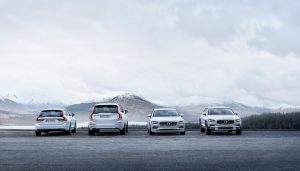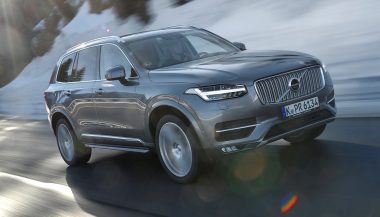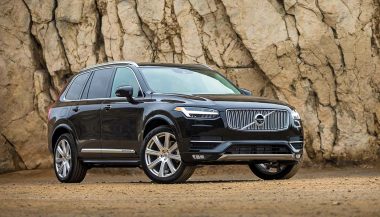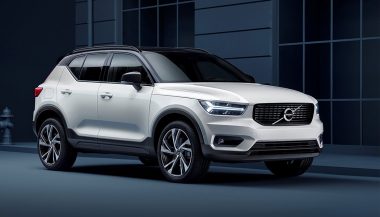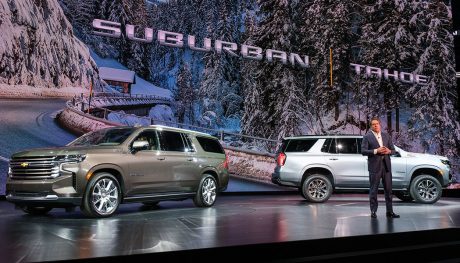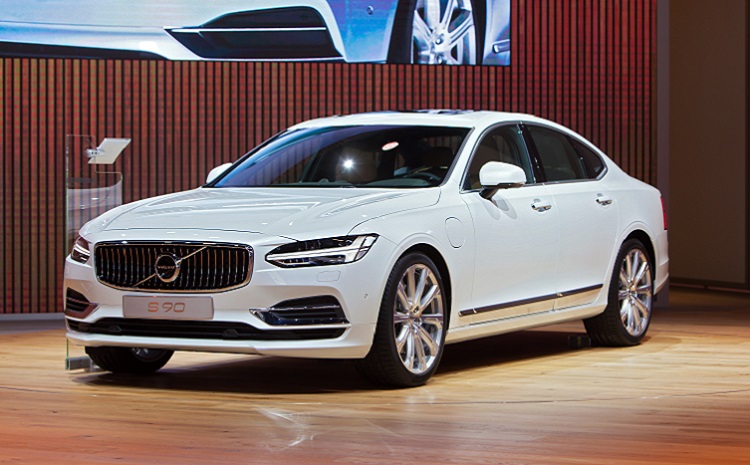
China-made cars, like the Volvo S90, will become more commonplace globally.
Luxury Chinese Made Cars Coming to U.S Market
It really shouldn’t surprise anyone. The world’s largest automotive market and biggest manufacturer of automobiles, the People’s Republic of China, will begin exporting a sleek, plush, luxury sedan formerly made in Sweden to the United States.
Volvo has announced that it will dramatically reduce production of the upscale S90 at its Torsade, Sweden plant and shift production to Daqing, China. The reason…Volvo’s incredibly popular XC90 crossover (also built at Torsade) is eating into production capacity. This causes delays for the S90 and the new V90 Cross Country wagon both made at Torsade.
Having a hot selling model that’s chewing up production capacity is a problem any manufacturer would be happy to have. However, moving production halfway across the globe is a strategic move rather than a tactical step to handle a temporary shortage.
The truth is, Volvo, like other European auto builders is anxious to create a presence in China. Volvo, which is owned by China-based Zhejiang Geely Holding now has three plants in the country. These new, technologically superior plants will accommodate roughly a third of Volvo’s targeted total global production.
Overall, Volvo is aiming at 800,000 units per year by 2020. Sales in China proper are targeted to 200,000 per year.
Quality Concerns
Obviously, the American market is accustomed to imported automobiles. Americans buy more imported cars than domestic automobiles. The most successful segment for domestic manufacturers is trucks…we Americans love us some trucks.
But we also love us some Toyotas. We love them so much that we buy more of them than any other brand. So why does a Chinese import feel so different?
We think it’s because there is no easily recognizable “Chinese” brand marketed in America. We simply don’t know what a Chinese car looks like or how well it is built. So when we look at a $60,000 Volvo whose brand reputation is safety, engineering excellence, durability and value and then learn it was not made by the Swedes but outside Shanghai, we wonder if we are buying a pig in a poke.
Welcome to a global economy. We certainly don’t have a problem with BMW building their vehicles in Charlotte or Toyota cranking out cars in Kentucky. There is no logical reason to believe that Volvo can’t turn out quality in China equal to that in Sweden. In fact, given the plants in China are newer and more advanced quality may improve.
Other Luxury Brands to China?
If Volvo is investing in China, can other brands be far behind? The answer is probably not. But unlike Mexico, the principal motivation is not cheaper production costs but rather access to the largest auto market in the world.
Luxury brands and others are anxious to get a piece of that action. VW, GM and Ford have had joint venture agreements with SAIC Motor Corporation (one of the largest of the big four government-owned manufacturers) for decades.
Will there be luxury models by Mercedes, BMW and others built in China headed to the North American market? That’s a strong possibility but not in the immediate future.
China is the most important single market for Bentley, Mercedes, BMW and Audi. At some point it is safe to assume that production facilities will sprout up in south China to support local orders as well as expand production. When that happens premium vehicles will be leaving Chinese plants for American dealerships.
However, for the time being Chinese consumers are happy to dominate the luxury import market.
China Is Not Ready to Share
Will we start to see China’s bestselling car, the Wuling Hong Guang S1 MPV, rolling off the car transports in Los Angeles harbor? Probably not anytime soon. This crowd-pleasing multipurpose vehicle can’t keep up with domestic demand. Sales in 2015 exceeded 600,000.
The Chinese government is almost assuring that a wave of incredibly fuel efficient Chinese brands will not be coming to America.
The government of China realizes it has a serious pollution problem. To encourage fuel efficiency and lower emissions it offers rather spectacular incentives for cars that have smaller carbon footprints.
Vehicles with engines smaller than 1.4L get a 50 percent break on sales tax. However NEV (new energy vehicle) units which include EVs, hybrids and fuel cell cars can get rebates up to $13,000, free parking and free license plates. It’s difficult to imagine the States offering similar sales incentives.
For the time being, the only car, luxury or otherwise, made in China and shipped to the U.S. will be the Volvo S90. If China had to hand pick a car to represent its auto industry’s quality, they couldn’t have picked much better than Volvo’s confidently elegant S90.

